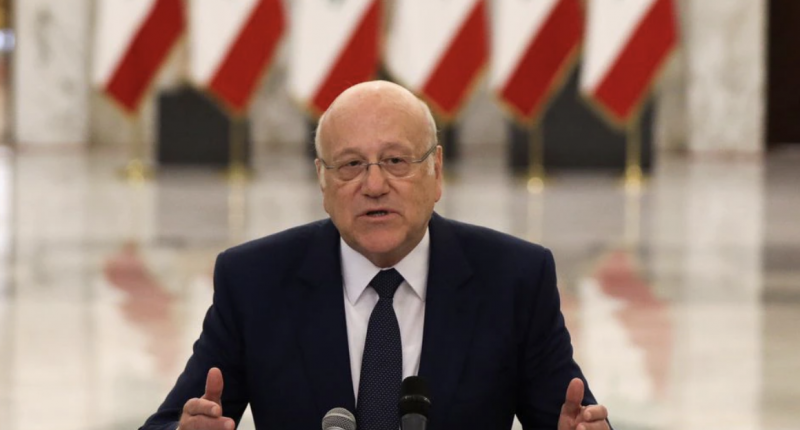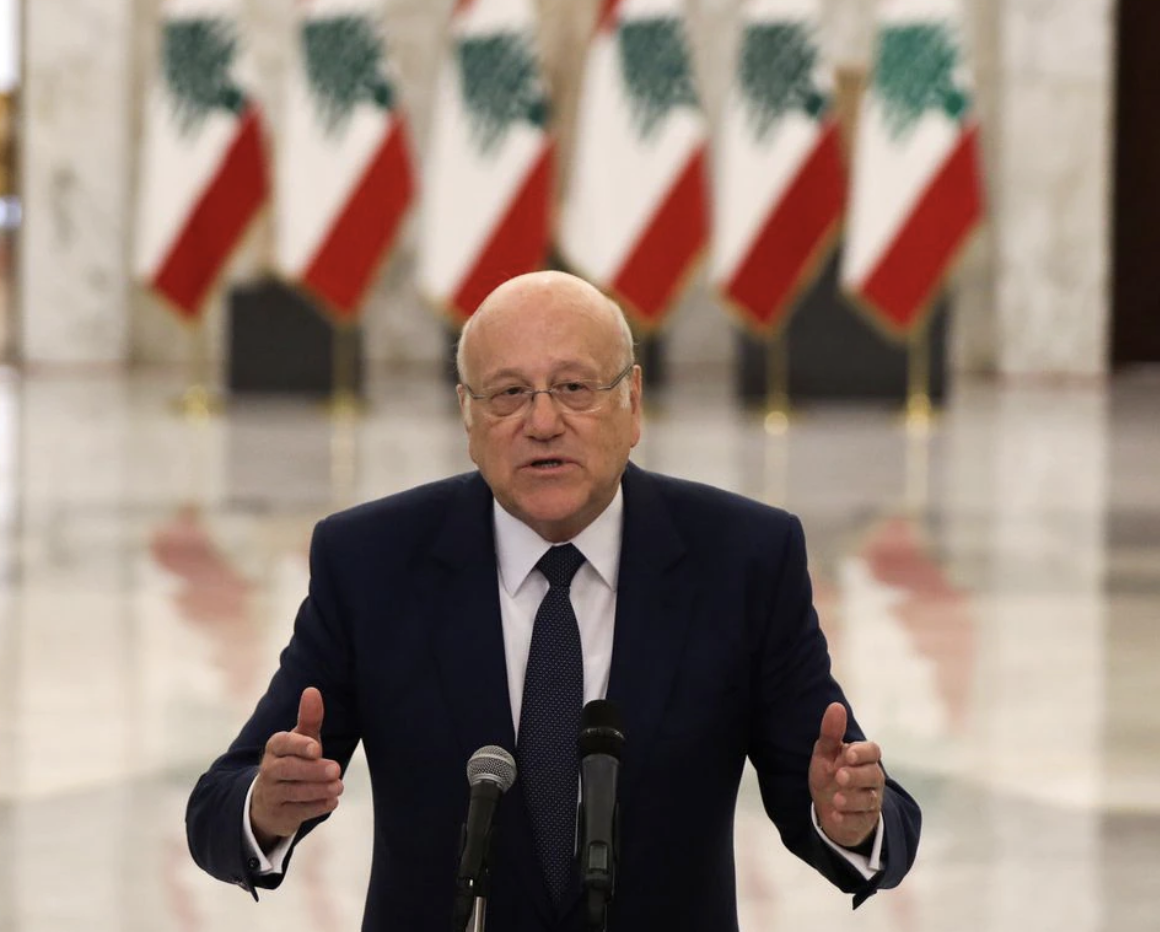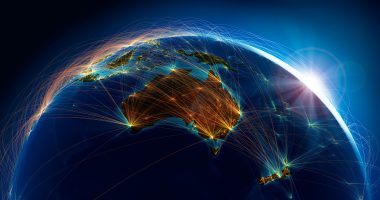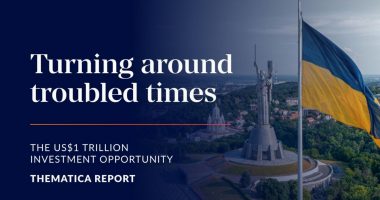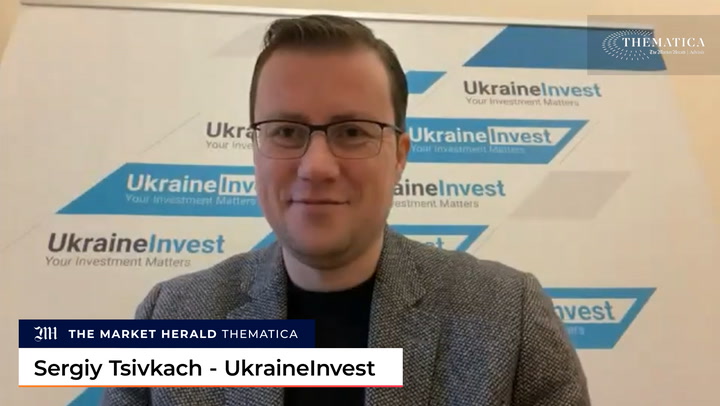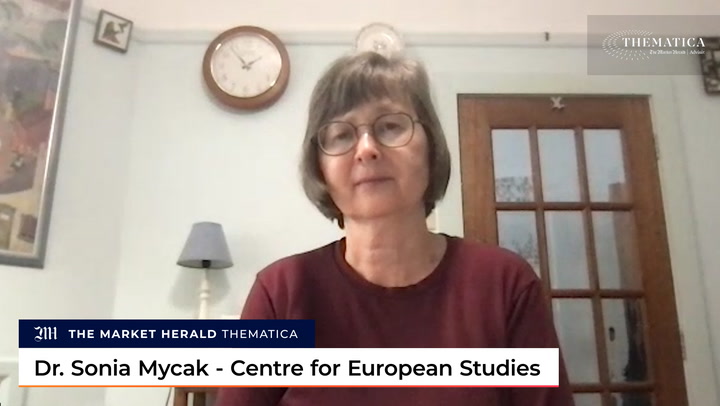- The Lebanese Pound has lost nearly 90 per cent of its value in less than two years
- The World Bank defines the economic and humanitarian crisis as one of the worst seen in 150 years
- The economic plan outlines the need for investments from the diaspora and export-driven growth
- Prime Minister Najib Mikati has to create policy reformations that aid the growth of the economy through viable assets and not population neglect
The Lebanese Pound has lost nearly 90 per cent of its value as it hits world record inflation rates.
Meanwhile the World Bank has defined the economic and humanitarian crisis in Lebanon as one of the worst seen in 150 years.
Estimates from the World Bank suggest close to three-quarters of the population live in poverty, with the fuel prices climbing by the week and access to basic resources at critically low levels.
Lead by telecommunications tycoon Najib Mikati, the new government has faced pressure from the International Monetary Fund (IMF) as it has mandated immediate political and economic reforms.
The Executive Summary of Lebanon’s Economic Plan stated the only way forward was seeking international aid through IMF funding.
“It is clear that Lebanon’s sole option today is to seek an IMF program which will pave the way for additional financing from CEDRE, EIB, EBRD, friendly countries, local and international investors,” the document said.
Economic resucitation
The plan outlines the need for investments from the large Lebanese diaspora and export-driven growth as industries slowly start aiming for pre-2019 production standards.
In Australia, the 2016 census showed 78,653 Lebanon-born people lived in Australia, with a near 3 per cent increase from the previous 2011 edition.
The national bank has planned to recover the currency with the goal of 8,000 Lebanese pounds to one US dollar from its current standing of more than 15,000 to a US dollar.
Trade
From 2019 to 2020, the nation sent exports of gold, diamonds, jewellery, fresh produce, iron and scrap metals worth a total of $5.2 billion to neighbouring Middle Eastern and European countries.
The jump-starting of the economy needs international support in the form of trade and accompanying benefits.
“Low tariffs, a flexible exchange rate regime, and a dynamic export sector built on competitive and comparative advantages,” are the options listed in the economic plan.
Policy change
International aid schemes have previously advocated policies combatting corruption and unsustainable government spending.
With those policies now a stipulation from the IMF and the World Bank, Prime Minister Mikati has no option but to prove beyond doubt that reforms will aid the economic growth for the benefit of the population as a whole.
The economic plan said it was imperative that corruption be cleared.
“Reforming the business environment focuses on updating, streamlining or simplifying inconsistent, outdated and complex regulations that constrain businesses and facilitate corruption.”

